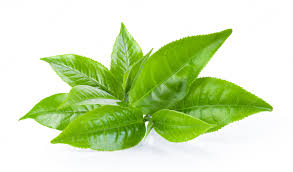The eastern hills of Nepal produce some of the finest high-grown teas in the world and yet, Nepal black tea remains one of the best-kept secrets in premium tea. Grown at elevations above 4,000 feet, the cooler climate, rich soil, and mist-covered slopes contribute to a slow-growing tea leaf. This slow growth allows more time for flavour to develop, resulting in a cup that’s aromatic, smooth, and subtly complex.
Unlike commercial blends, Nepal black tea is mostly handcrafted by small-scale growers and cooperatives. Their careful plucking and rolling techniques help retain the natural oils and fine tips of the leaf. The result is a medium-bodied tea with gentle astringency, light muscatel notes, and a crisp, refreshing finish.
What makes Nepal black tea particularly special is its seasonality. First flush and second flush harvests yield different profiles from light, floral cups to fuller, more robust brews. It's a tea that evolves with the seasons and invites you to slow down and appreciate the craft behind every sip.
Whether you're an experienced tea drinker or just getting into loose leaf, Nepal black tea is a rewarding addition to your collection fresh, authentic, and a reflection of the mountains it grows in.
FAQs
Q1: What is Nepal black tea?
A: Nepal black tea is a high-altitude tea grown in the eastern hills of Nepal. Known for its floral aroma and smooth finish, it’s a premium loose leaf tea.
Q2: How is Nepal black tea different from Darjeeling?
A: While similar in growing conditions, Nepal black tea tends to be smoother and less astringent than Darjeeling, with a slightly fuller body and a softer flavour profile.
Q3: Does Nepal black tea contain caffeine?
A: Yes, Nepal black tea contains moderate caffeine. It’s energizing yet smooth, making it ideal for morning or afternoon drinking.
Q4: How do I brew Nepal black tea?
A: Use fresh boiling water and steep for 3–4 minutes. For a lighter cup, use slightly cooler water and reduce the brew time.
